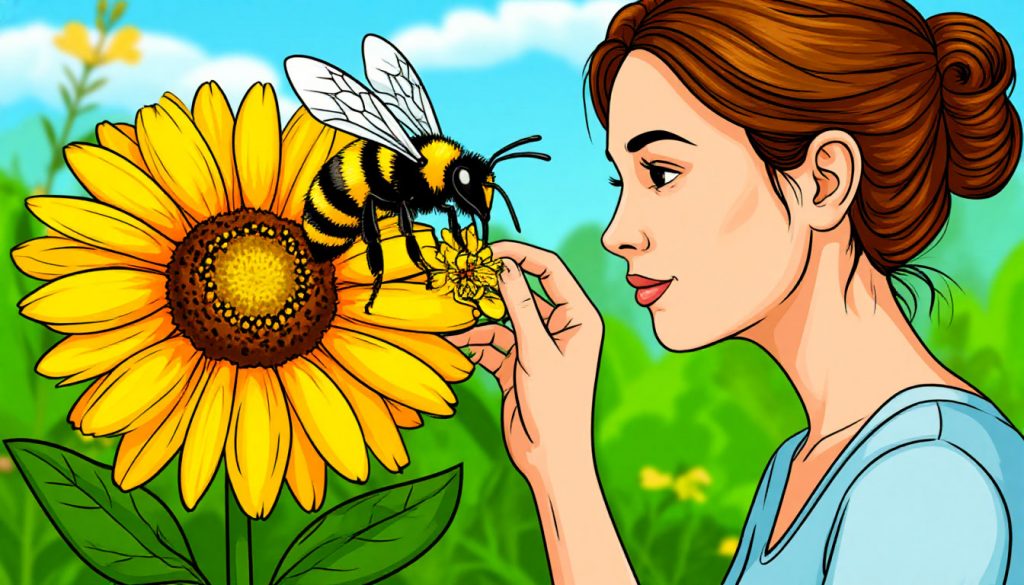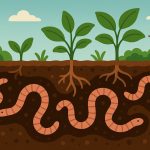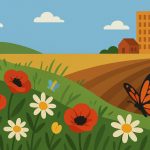Insects, despite their small size, are among the most influential organisms on Earth. They play crucial roles in ecosystems, helping regulate populations, recycle nutrients, and maintain biodiversity. Without insects, natural systems and agriculture would face severe disruptions.
1. Pollination of Plants
Many insects, especially bees, butterflies, and certain beetles, serve as pollinators. They transfer pollen between flowers, enabling plants to reproduce and produce fruits and seeds. This process supports both wild plants and crops essential to human food supplies.
2. Pest Control
Predatory insects such as ladybugs, dragonflies, and wasps naturally regulate pest populations. By feeding on harmful species like aphids and mosquitoes, they reduce the need for chemical pesticides, protecting both crops and the environment.
3. Decomposition and Nutrient Cycling
Insects like beetles, ants, and flies help decompose dead plants and animals. This breakdown process returns nutrients to the soil, enriching it for future plant growth and sustaining healthy ecosystems.
4. Food Source for Other Animals
Insects form a vital part of the food chain. Birds, amphibians, reptiles, and mammals depend on them for nourishment. A decline in insect populations can lead to cascading effects, impacting multiple species.
5. Soil Improvement
Some insects, such as ants and termites, contribute to soil aeration and mixing. Their tunneling improves water infiltration, oxygen flow, and root penetration, similar to the role of earthworms.
6. Biodiversity Indicators
The presence and diversity of insect species often indicate the health of an ecosystem. Scientists monitor insect populations to detect environmental changes and assess conservation needs.
7. Supporting Plant Communities
By aiding pollination and nutrient recycling, insects indirectly sustain entire plant communities, which in turn provide shelter and food for countless other species.
Conclusion
Insects are essential to the stability of life on Earth. Through pollination, pest control, decomposition, and their place in the food web, they keep ecosystems in balance. Protecting insect populations means protecting the very systems that sustain life.
Glossary
- Pollinators – Animals that transfer pollen from one flower to another, enabling reproduction.
- Nutrients – Substances essential for plant and animal growth.
- Soil aeration – The process of increasing airflow within the soil.
- Ecosystem – A community of living organisms interacting with their environment.
- Biodiversity – The variety of life within a given area.


